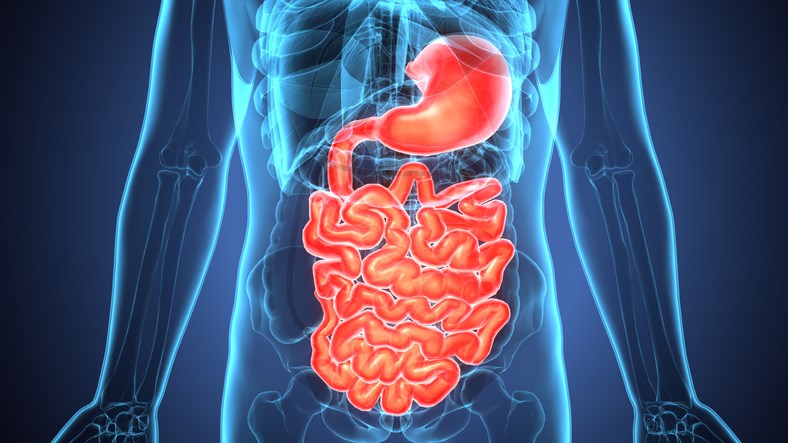The human immune system is complex and constantly in a state of fluctuation, which means everyone requires an individualized approach to manage that system, a naturopathic doctor says.
Our immune system protects us from our environment — including microbes, bacteria and pathogens — and keeps most other systems in balance throughout our body, explained Dr. Joel Guillemin. Large amounts of research data about the immune system come out every decade, with most of that information about cancer and healthy bacteria in the body.
Besides being complex, the immune system is influenced by the hormones coursing through us.
“A big thing that I see in (my) practice is that a person’s digestive health or gut health plays a huge, huge role overall,” Guillemin said on Nov. 5 during a Zoom meeting through the Moose Jaw Public Library while discussing how to boost the immune system.
“Why is it important? I like to picture it as an immune organ … because it’s kind of that last line of defence. That’s where things are going to get into the body, and we have to check to make sure it’s safe or not safe to get rid of.”
There are 100 trillion bacteria — it would take 31,709 years to count to one trillion — in our digestive system, with researchers believing there are more bacteria cells than human cells in the body, continued Guillemin. These microorganisms can help support healthy intestinal cell growth, fight off bad bacteria, trigger an immune response, and contribute to many physiologic activities, including serotonin, melatonin, and estrogen production.
“The relationship we share with our gut bacteria is so, so important,” he said.
While most immune system responses are positive since they keep us healthy, depending upon genetics or environmental exposure, white blood cells can attack something they shouldn’t, he pointed out. This is most notably seen in food allergies or sensitivities to lactose, gluten or sugar.
Another part of our immune system that is helpful is the lymphatic system, mainly comprised of vessels and nodes. It helps filter and clean out debris from cellular activity and is the first step to detoxify our bodies.
Lymphatic vessels are different from blood vessels, Guillemin explained. While blood vessels have the heart to pump blood through, the lymphatic system doesn’t have a pump to push debris out. A pump can be created around these vessels to help drain the debris, which can be done by dilating or constricting blood vessels or moving our muscles frequently.
“Our muscles will almost, like a tube of toothpaste, will start to push things along so we can get rid of it,” he said.
Another factor that can affect the immune system is inflammation. When inflammation increases — specifically caused by molecule Interleukin 6 — the immune system sees a greater degree of dysfunction and can lead to arthritis, Crohn’s, or celiac, said Guillemin. Researchers estimate that 75 per cent of all autoimmune conditions are due to inflammation and lifestyle factors, while 25 per cent are due to genetics.
“That just indicates a huge role that what we do, what we eat (and) how we live our lives plays a huge role in these orders and conditions that we may see,” he added.




